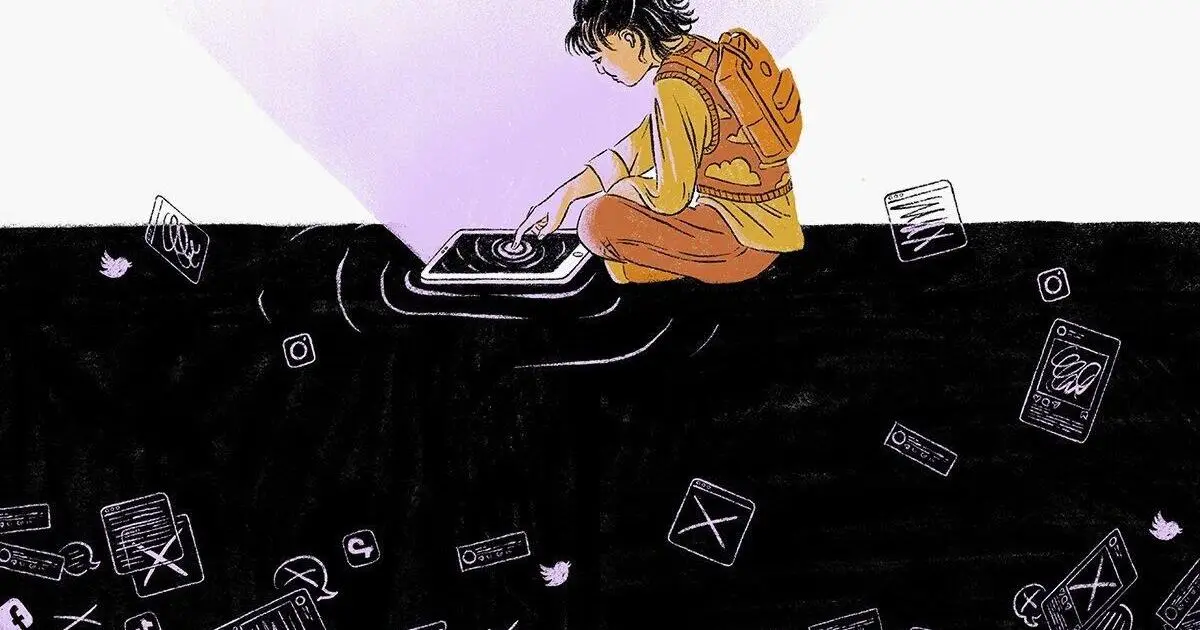They’ve grown up online. So why are our kids not better at detecting misinformation?
They’ve grown up online. So why are our kids not better at detecting misinformation?

www.thestar.com
They’ve grown up online. So why are our kids not better at detecting misinformation?

They’ve grown up online. So why are our kids not better at detecting misinformation?::Recent studies have shown teens are more susceptible than adults. It’s a problem researchers, teachers and parents are only beginning to understand.